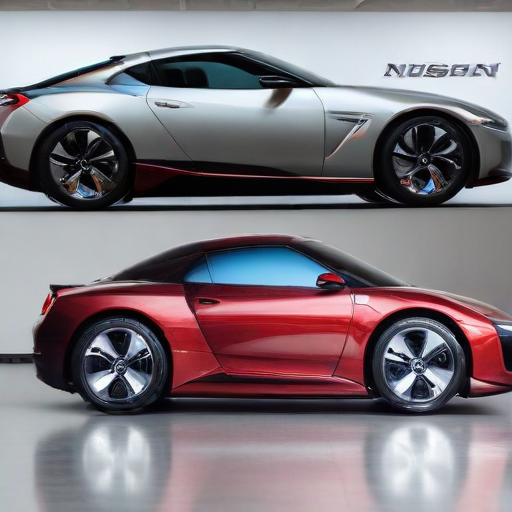Honda Motor Co. and Nissan Motor Co. are engaged in discussions regarding a potential merger that could lead to the formation of the world’s third-largest automaker by volume. This initiative is driven by the intensifying competition in the electric vehicle (EV) market, increasingly dominated by foreign competitors like Tesla and Chinese companies such as BYD.
Sources indicate that the two Japanese automakers are exploring the concept of creating a holding company, which would serve as an alliance to better compete against leading industry players. This dialogue comes amidst rumors that Taiwanese electronics giant Foxconn has made a buyout proposal for Nissan, with some interpreting this merger as a strategic move by Nissan to counter Foxconn’s interests.
Honda President Toshihiro Mibe confirmed to reporters that they are considering collaborations, while keeping options open for future endeavors. An announcement regarding this potential alliance could be made as early as Monday.
The prospective merger would have substantial implications for the automotive landscape, potentially resulting in an alliance with combined sales of around 8 million vehicles, especially if Mitsubishi Motors—already a partner with Nissan—is included. Both Honda and Nissan had previously initiated a feasibility study on establishing a strategic partnership focused on EV production and software technology developments, aimed at decreasing costs and enhancing market competitiveness.
Despite discussions of collaboration, Mibe clarified that the negotiations do not currently involve a capital tie-up, although he acknowledged that such possibilities could be explored down the line. The need for cooperation arises as global automakers grapple with soaring costs associated with EV production, including expensive batteries and software development for technologies like autonomous driving.
Both automakers are facing declining sales in China, where domestic brands are increasingly capturing market shares with their competitively priced EVs. In light of the challenging market conditions, Honda recently downgraded its profit forecast for the fiscal year by 14.2%, while Nissan is implementing significant job cuts and reducing its global output capacity as part of a restructuring effort.
In 2023, Honda and Nissan’s global vehicle sales totaled 3.98 million and 3.37 million units, respectively, while industry leader Toyota recorded sales of 11.23 million vehicles. Following reports on the merger discussion, Nissan’s stock experienced a notable surge, showing an increase of nearly 24%, while Honda’s shares saw a slight decline.
This potential merger highlights a pivotal moment for Japan’s automotive industry as it seeks to bolster its position in the evolving EV market—illustrating a proactive approach to collaboration in the face of growing competition.
In summary, the discussions between Honda and Nissan could mark a significant step toward strengthening their competitiveness as they navigate the rapidly changing automotive landscape, potentially benefiting consumers through more innovation in EV technology.
